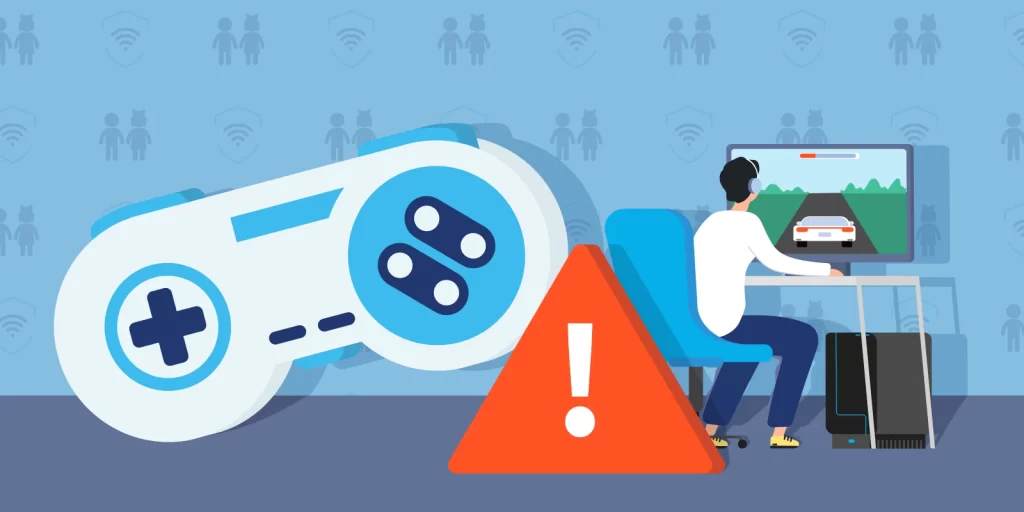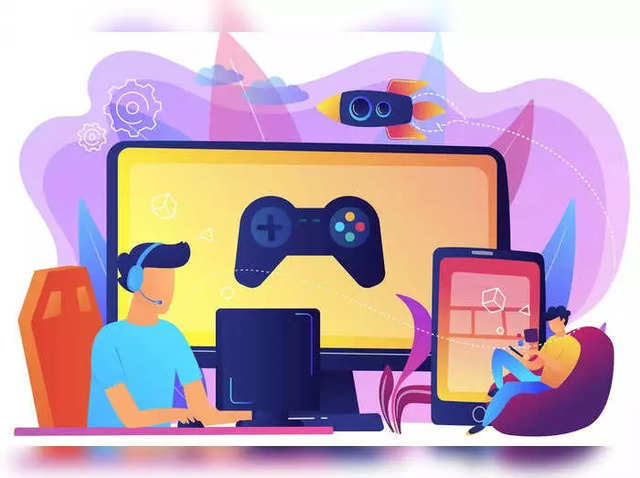In today’s digital age, gaming has become an integral part of many children’s lives. While gaming can offer entertainment, socialization, and cognitive benefits, excessive gaming can lead to addiction and negatively impact a child’s well-being. As parents, it’s essential to be proactive in protecting your child from gaming addiction. In this article from jarvismastermind , , we’ll explore effective strategies to safeguard your child’s mental and physical health while fostering a balanced relationship with gaming.
Establish Clear Guidelines:
Set clear rules and guidelines regarding your child’s gaming habits. Establish specific time limits for gaming sessions and designate appropriate times for gameplay, such as after homework and chores are completed. Communicate these guidelines clearly and consistently to ensure your child understands the expectations surrounding gaming.
Encourage Diverse:
Encourage your child to engage in a variety of activities beyond gaming. Provide opportunities for physical exercise, outdoor play, creative hobbies, and social interactions with friends and family. By promoting a balanced lifestyle, you can help your child develop diverse interests and reduce their reliance on gaming as the sole source of entertainment.
Lead by Example:
Serve as a positive role model by demonstrating healthy screen time habits yourself. Limit your own screen time, especially in front of your child, and prioritize offline activities and interactions. By modeling responsible screen use, you can reinforce the importance of moderation and balance in your child’s gaming habits.

Create Tech-Free Zones:
Designate certain areas of your home, such as the dining room or bedrooms, as tech-free zones where gaming devices are not allowed. Establishing boundaries around screen use can help prevent excessive gaming and promote healthier habits. Encourage family members to engage in face-to-face communication and bonding activities in these designated spaces.
Monitor and Supervise:
Stay actively involved in your child’s gaming activities by monitoring their gameplay and online interactions. Familiarize yourself with the games your child plays and the online communities they engage with. Set parental controls and privacy settings on gaming devices and platforms to restrict access to inappropriate content and regulate screen time.
Encourage Open Communication:
Create a supportive and non-judgmental environment where your child feels comfortable discussing their gaming habits and concerns. Encourage open communication about their experiences, interests, and any challenges they may encounter related to gaming. Listen to your child’s perspective and offer guidance and support without resorting to criticism or punishment.
Set Realistic Expectations:
Help your child develop a healthy attitude towards gaming by setting realistic expectations and goals. Emphasize the importance of balance, moderation, and self-regulation in their gaming habits. Encourage them to prioritize their responsibilities, such as schoolwork, chores, and extracurricular activities, before engaging in gaming.
Seek Professional Help if Needed:
If you suspect that your child is struggling with gaming addiction or excessive screen time, seek professional help from a qualified mental health professional or counselor. They can assess your child’s gaming habits, provide guidance and support, and recommend appropriate interventions or treatment options if necessary.
Educate About the Risks:
Educate your child about the potential risks and consequences of excessive gaming, including negative effects on physical health, mental well-being, academic performance, and social relationships. Teach them to recognize the signs of gaming addiction, such as withdrawal symptoms, preoccupation with gaming, and neglect of other activities.
Promote Healthy Coping Strategies:
Teach your child healthy coping strategies to manage stress, boredom, and negative emotions without resorting to excessive gaming. Encourage them to explore alternative activities and hobbies that provide enjoyment, relaxation, and fulfillment, such as sports, art, music, reading, or spending time with friends and family.
In conclusion, protecting your child from gaming addiction requires proactive measures, clear boundaries, and open communication. By establishing guidelines, promoting diverse activities, leading by example, and fostering healthy habits, you can help your child develop a balanced relationship with gaming while prioritizing their overall well-being. Stay engaged, supportive, and vigilant, and seek professional help if needed to address any concerns related to gaming addiction. Together, we can empower children to make informed choices and thrive in today’s digital world.

